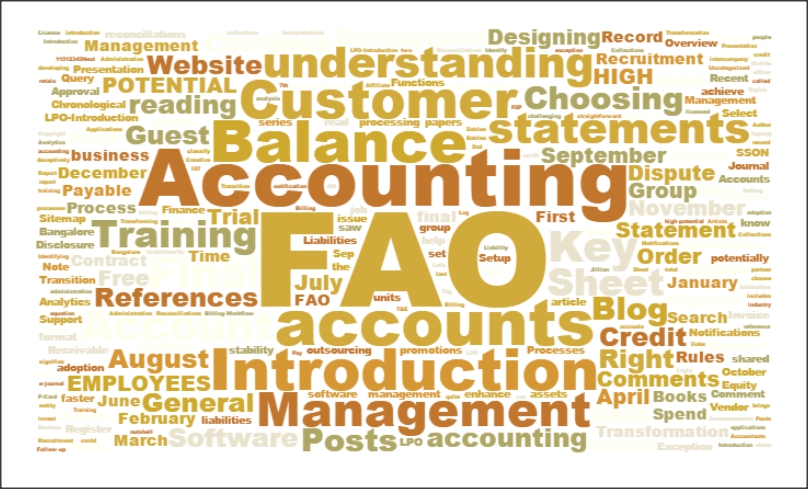ESOPS – Employee Stock Ownership Plans – Taxability
Last Friday, I had covered one plan for ESOPs in the UK in the Learning and Development Group, and on our Blog on Saturday- https://faoblog.com/esops-employee-stock-ownership-plans-taxability-4/
Another plan is Save As You Earn (SAYE)
This is a savings-related share scheme where you can buy shares with your savings for a fixed price.
You can save up to £250 a month under the scheme. At the end of your savings contract (3 or 5 years) you can use the savings to buy shares. The tax advantages are:
–the interest and any bonus at the end of the scheme is tax-free
–you don’t pay Income Tax or National Insurance on the difference between what you pay for the shares and what they’re worth
–You might have to pay Capital Gains Tax when you sell the shares – but not if you put them into an ISA or pension as soon as you buy them.
Company Share Option Plan
This gives you the option to buy up to £30,000 worth of shares at a fixed price.
You won’t pay Income Tax or National Insurance contributions on the difference between what you pay for the shares and what they’re actually worth.
You may have to pay Capital Gains Tax when you sell the shares.
Employee shareholder shares
You must own at least £2,000 worth of shares in your employer’s company and be an employee shareholder.
As an employee shareholder you usually don’t have to pay Income Tax or National Insurance on the first £2,000 worth of employee shareholder shares. You won’t get this tax relief if you already have 25% or more voting rights in the company.
When you become an employee shareholder your employer must pay for an independent expert to give advice about the terms and effects of the employee shareholder agreement. This advice won’t be treated as a taxable benefit.
If you work for a company with assets of £30 million or less, it may be able to offer Enterprise Management Incentives (EMIs).
You can buy shares of up to £250,000 without paying Income Tax or National Insurance on the difference between what you pay for the shares and what they’re actually worth.
You may have to pay Capital Gains Tax when you sell the shares.



